NEWS BRIEFINGS January 2025
The Supreme Court noted the absence of statutory safeguards for millions of domestic workers in India and directed the Union government to consider passing a protective law. The court observed that this workforce remains exposed to exploitation and poor conditions without proper legal rights.
The government has cancelled the non-profit status of The Reporters’ Collective, stating that investigative reporting cannot qualify as a charitable activity as it does not serve a public purpose, according to a statement by the collective. The organisation has lost its tax-exempt privileges.
India has developed its first indigenous antibiotic, Nafithromycin, designed to combat drug-resistant bacteria. While it is being touted as a breakthrough, the real issue lies not only in developing new antibiotics but in ensuring their responsible use. Amid the ongoing antimicrobial resistance (AMR) crisis—a phenomenon where bacteria adapt to resist the effects of antibiotics, rendering them ineffective—this new antibiotic alone cannot guarantee a solution.
The Bharatiya Janata Party (BJP)-led Uttarakhand government has implemented the Uniform Civil Code (UCC) from Jan. 27, 2025, becoming the first state in independent India to enforce such a law. While it appears to fulfil the letter of the Indian Constitution’s Directive Principles of State Policy, whether it aligns with the spirit of uniformity remains to be seen.
As we, Indians, celebrate Republic Day, it serves as a reminder that our nation is a “republic,” with our Constitution affirming that we, the people, “authorise” the government to govern. Gaining a clear understanding of the essence of a republic can deepen our comprehension of our role in public life.
The Madhya Pradesh government has announced plans to ban the sale of liquor in 17 religious cities across the state as part of a phased implementation of prohibition, according to media reports. This decision not only risks undermining the principles of secular governance but also carries the potential to trigger adverse social, economic and administrative consequences.
The central government appears to be aggressively promoting the Automated Permanent Academic Account Registry (Apaar), saying it aims to streamline academic tracking through unique student IDs and a comprehensive database. However, the risks and challenges associated with this system, coupled with the government’s alleged coercive tactics to secure state compliance, cast doubt on its overall benefits.
The state governments of Kerala and Tamil Nadu have objected to the University Grants Commission’s (UGC) proposed new regulations, arguing that these rules limit state authority in higher education and breach federal principles by centralising power in the appointment of vice-chancellors. They also reportedly fear that this could be an attempt to further an ideological agenda.
At the World Economic Forum Annual Meeting 2025, former Reserve Bank of India (RBI) Governor Raghuram Rajan said while the Indian government is investing in infrastructure, it needs to put more resources into developing human capital through better education and healthcare.
Hindi-language daily Dainik Jagran’s coverage of the 2020-2021 protests against the National Register of Citizens and the Citizenship Amendment Act (NRC-CAA), as well as the communal violence in Delhi, was “biased,” according to a study featured in the recently published book, “Inclusiveness in Indian Media Coverage.” The reportage predominantly supported the Bharatiya Janata Party’s (BJP) stance, depicting protestors negatively and associating them with violence while allocating minimal space for their perspectives, it suggests.
The World Economic Forum’s (WEF) 2025 meeting in Davos, Switzerland, which starts on Jan. 20, is attended by several Indian officials, including Union and state ministers and three chief ministers. However, its coverage within India primarily focuses on the country’s economic interests, overshadowing the theme of this year’s meeting. This theme – Collaboration for the Intelligent Age – is crucial for both India and Asia at large, as well as for the people living on this continent.
A study featured in the recently published book, “Inclusiveness in Indian Media Coverage,” examined Hindustan Times’ reporting on the Manipur violence in 2023 and found glaring lapses in its coverage. Considering that the Times is regarded as one of the better mainstream newspapers, the study could be alluding to widespread issues in the journalism practiced by traditional Indian media.
The Kerala government has informed the state’s High Court that 40 police complaints have been filed concerning sexual abuse in the Malayalam film industry since the Hema Committee report was published about five months ago. Officials said they have initiated formal investigations into each complaint.
Weeks before the assembly elections in Delhi, the Union Home Ministry has reportedly granted the Enforcement Directorate (ED) permission to prosecute former Chief Minister Arvind Kejriwal over alleged irregularities in his administration’s excise policy. Is the timing of this move merely coincidental? Kejriwal, who is currently on bail, was previously arrested in the lead-up to the 2024 general election.
The health of Jagjit Singh Dallewal, a 70-year-old farmer from Punjab, is deteriorating as he enters the 50th day of his indefinite hunger strike on Jan. 14. He has refused medical intervention while continuing his fast to demand a legal guarantee of minimum support price for crops.
Three Indian cities—Bengaluru, Mumbai and Delhi—rank among the slowest globally in terms of average travel speeds, according to the TomTom Traffic Index 2025. The report, drawing from over 450 billion miles driven worldwide in 2024, shows a pressing challenge for the country’s urban hubs: the deteriorating quality of urban mobility.
The 2025 Maha Kumbh is set to begin on Jan. 13 in the city of Prayagraj in Uttar Pradesh, representing one of the largest religious gatherings on the planet. According to media reports, over 400 million people are expected to participate in the gather. Is this assembly purely religious, or has it evolved also into a platform for political influence?
News reports on the spread of Human Metapneumovirus (HMPV) are bringing back memories of the initial alerts regarding COVID-19 a few years ago. While HMPV is not typically fatal, its capacity to infect individuals across all demographics has raised significant public concern. However, it must not become part of a recurring pattern in global health responses: illnesses that also affect the privileged often dominate headlines and governmental priorities, overshadowing diseases that primarily affect marginalised groups and less developed countries.
The Delhi High Court has asked the state’s police, which reports to the central government, whether an individual who merely organises a protest site could face charges under the anti-terror Unlawful Activities (Prevention) Act. Judges pressed for clear evidence showing that the act of setting up demonstrations against the Citizenship (Amendment) Act warranted a law typically invoked for serious offenses.
Three people have been confirmed dead, and one body had been recovered as of Jan. 8, two days after at least nine miners became trapped in a flooded “rat hole” coal mine in Assam’s Dima Hasao district. The incident resembles several similar accidents over recent years, despite numerous protests by local residents. The issue persists.
China is building the world’s largest dam on a major river in Tibet, which originates from a glacier in the northern Himalayas and flows downstream as the Brahmaputra River, crossing into India before merging with the Bay of Bengal through Bangladesh. The project is expected to significantly impact crucial ecosystems and the livelihoods of millions of people, including those in India and Bangladesh.
Haryana Chief Minister Nayab Singh Saini’s “war on drugs” is reportedly being bolstered by vigilantes, resulting in a rise in casteism, which is not the only adverse outcome. Similar experiments in other countries have demonstrated that such measures can lead to extremely dangerous and long-term consequences.
A 33-year-old journalist, Mukesh Chandrakar, was killed in Chhattisgarh, prompting an investigation by the authorities. He had exposed possible corruption in a 1.2 billion rupees road project. Police have arrested three suspects, including two of his relatives and a construction supervisor.
A 70-year-old farmer leader in Punjab reached his 40th consecutive day of indefinite fasting to demand a legal guarantee on minimum support price (MSP) for crops on Jan. 4. A fast beyond 40 days in older adults may lead to the depletion of fat and muscle, increasing the risk of organ failure and sudden cardiac complications.
India recorded a decline of 15 million students in schools in 2023-2024, compared to the average of the previous years, despite the addition of new institutions, according to data from the Education Ministry, which shows that enrolment dropped from an average of over 263 million to 248 million.
Authorities have initiated the long-overdue removal of hundreds of tons of toxic material from the 1984 Bhopal gas leak accident in Madhya Pradesh; however, doubts persist regarding the potential environmental consequences.

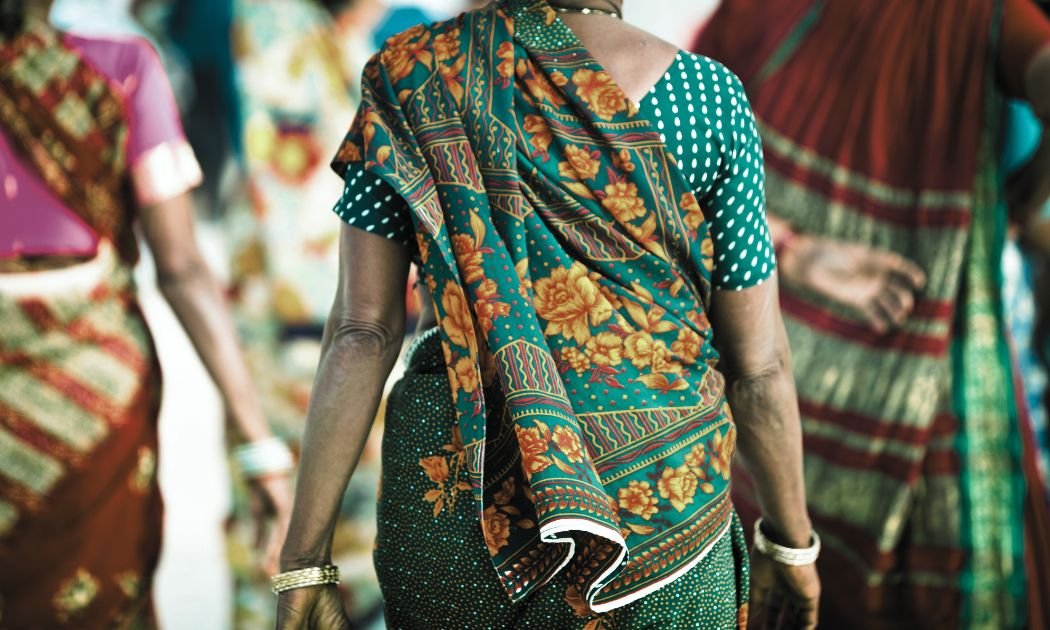


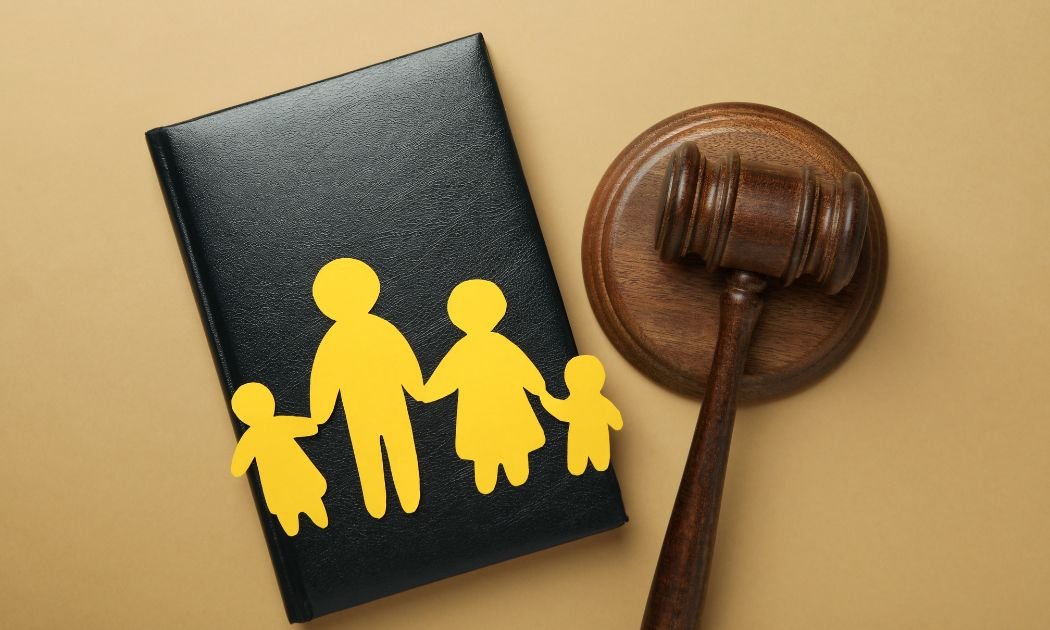




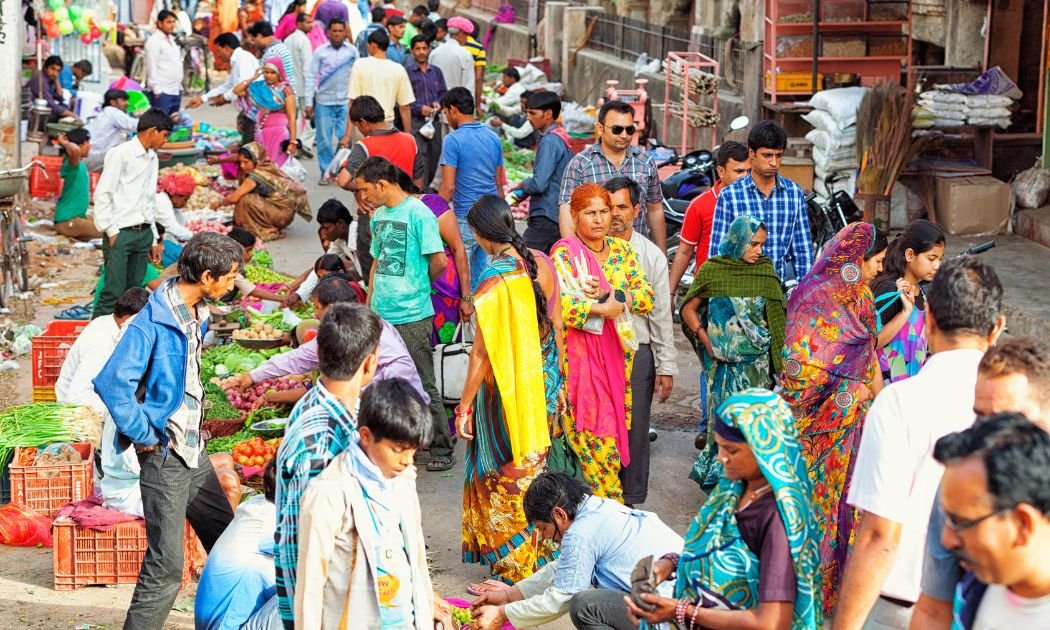
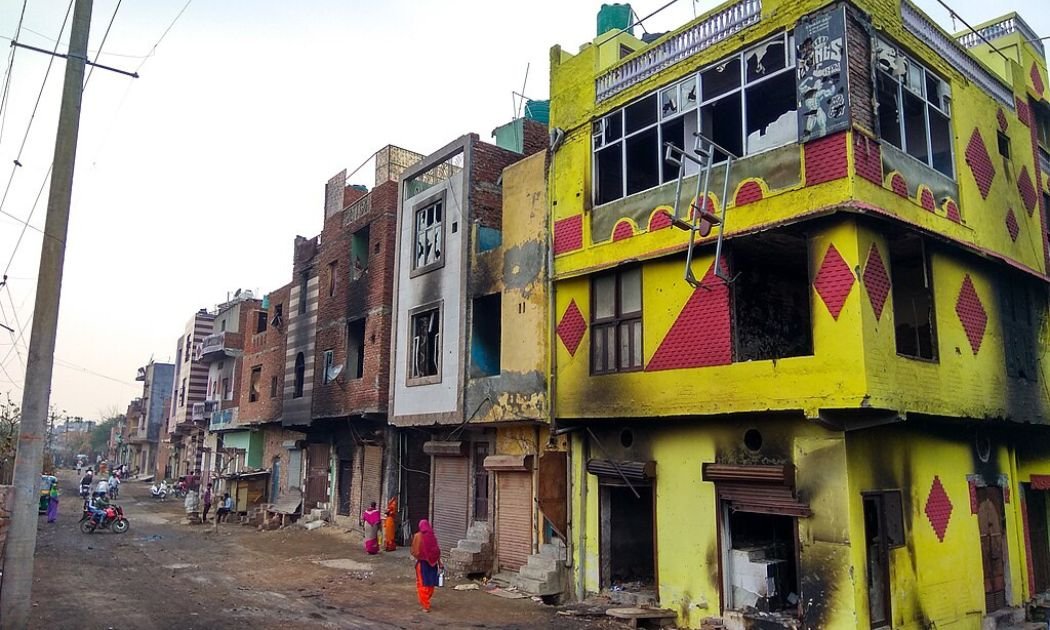





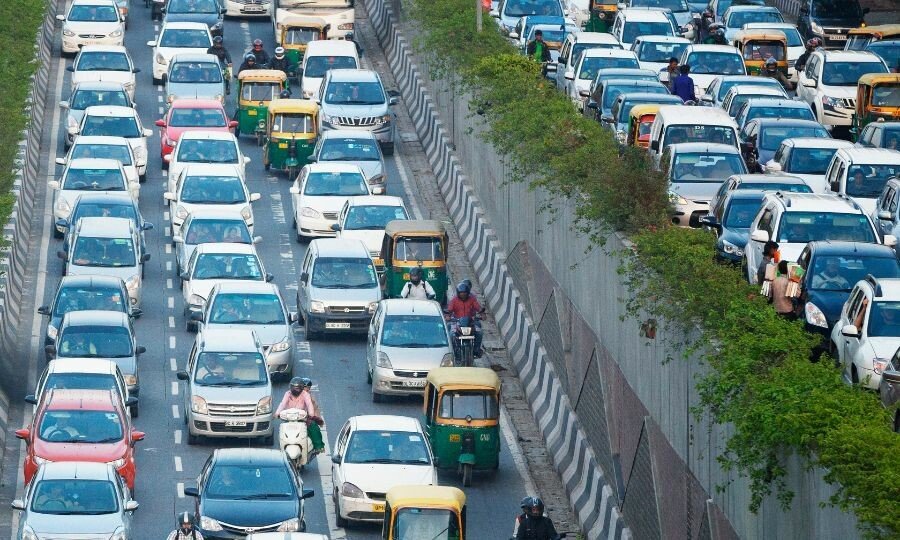
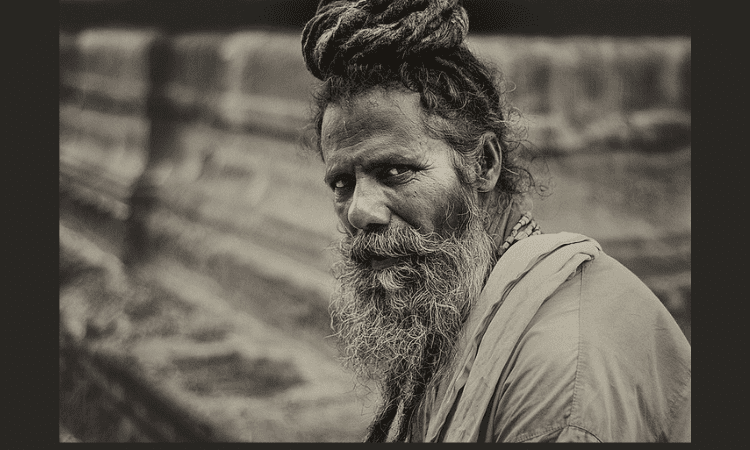





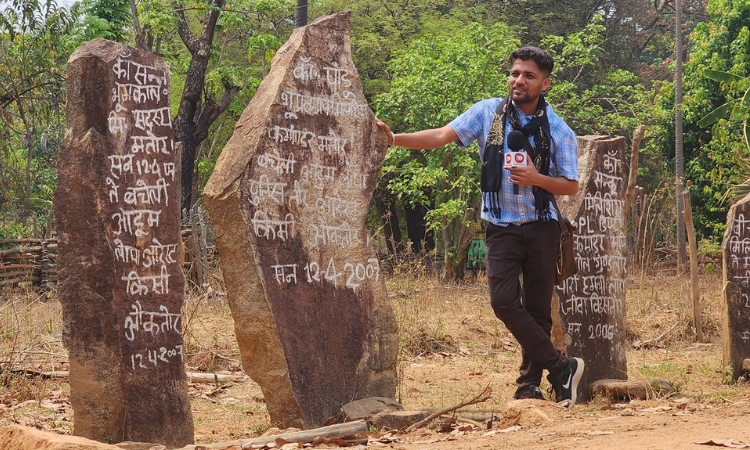



To test the new Chinese AI, DeepSeek, Newsreel Asia interviewed the chat system to assess whether it exhibited bias in its responses or generated content. The results were striking. It appeared highly protective of its home country, yet it was also upfront about representing the Chinese government and the Communist Party of China. Newsreel Asia asked the same questions to ChatGPT-4.0 to compare the responses.